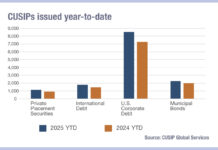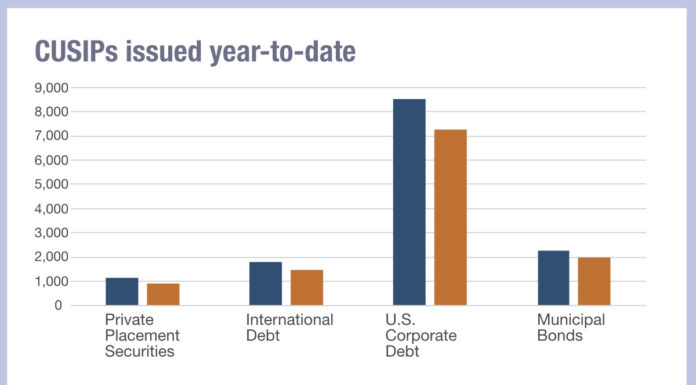By Flora McFarlane
According to a new JWG survey, 90% of buy-side firms believe they are at significant risk of non-compliance for the incoming January 2018 MiFID II regulations, with “a large amount of the industry appearing to be overstretched and under-prepared”.
“With only a few thousand hours to implementation, it is very troubling that the buy-side does not see itself compliant with MiFID II,” said PJ Di Giammarino, CEO of JWG.
The total of assets under management (AUM) amongst survey respondents was split evenly: one-third had less than £1 billion, another one-third had between £5 billion to £50 billion AUM and the remaining third had between £50 billion and £500 billion AUM.
However the survey found that the size of the firm was not correlative to the level of preparedness. 48% of buy-side firms of any size are implementing on a budget of less than £2 million, and 45% of respondents are dedicating teams of only five people or less to the implementation. Only 15% of respondents have more than £10 million reserved for preparing for MiFID II.
All of this shows a concerning lack of preparation from the majority of firms, with only a third reporting to be actively seeking benefit from MiFID II. The majority of respondents that are under-prepared therefore are set to risk “losing a competitive edge if they do not smarten up their MiFID programmes”.
The report classified firms into three profiles. Firstly, those that fully understand the requirements and are consequently preparing well for implementation. The second group is made up of those with a “minimum compliance perspective” who do not consider the requirements as applying to them, evidenced by the fact that 45% of all respondents still have not given thought to how exactly the incoming January regulations will affect their firm.
The final grouping consists of respondents who appear not to understand the requirements at all. The 10% of respondents who consider their firms at low risk are also those that have the smallest budget, indicating that there is still a complete lack of comprehension of the impact of the regulations amongst some firms, which could see them hit with harsh penalties, as well as losing out to competition next year.
Di Giammarino expressed concern over firms “missing the benefit of collaborative efforts and third party solutions,” with a majority of respondents set to continue to rely on “manual, resource intensive and ineffective routes to compliance”.
Whilst there has been an uptake in smart technological methods, with 25% of firms claiming that reporting will be the most outsourced of all MiFID II requirements, as well as preparing to outsource record keeping and data management solutions, most respondents appear to be keeping key issues such as research, trading and client management in-house.
The report suggests this may be because 25% of firms have not finished analysing the requirements, however it is a general reflection on the worrying “lack of preparedness” on the part of a vast majority of buy-side firms.
©Markets Media Europe 2025

























